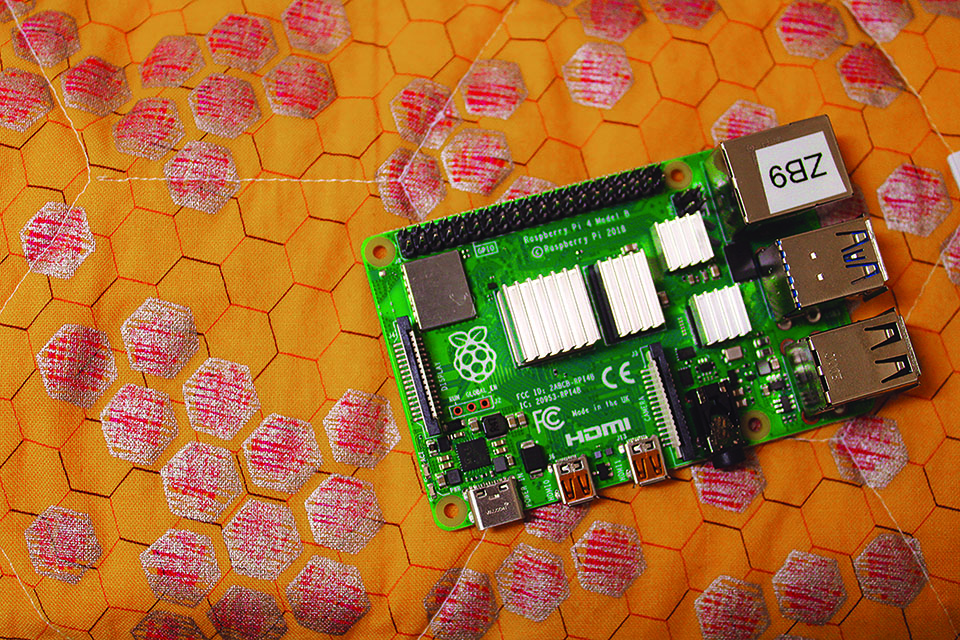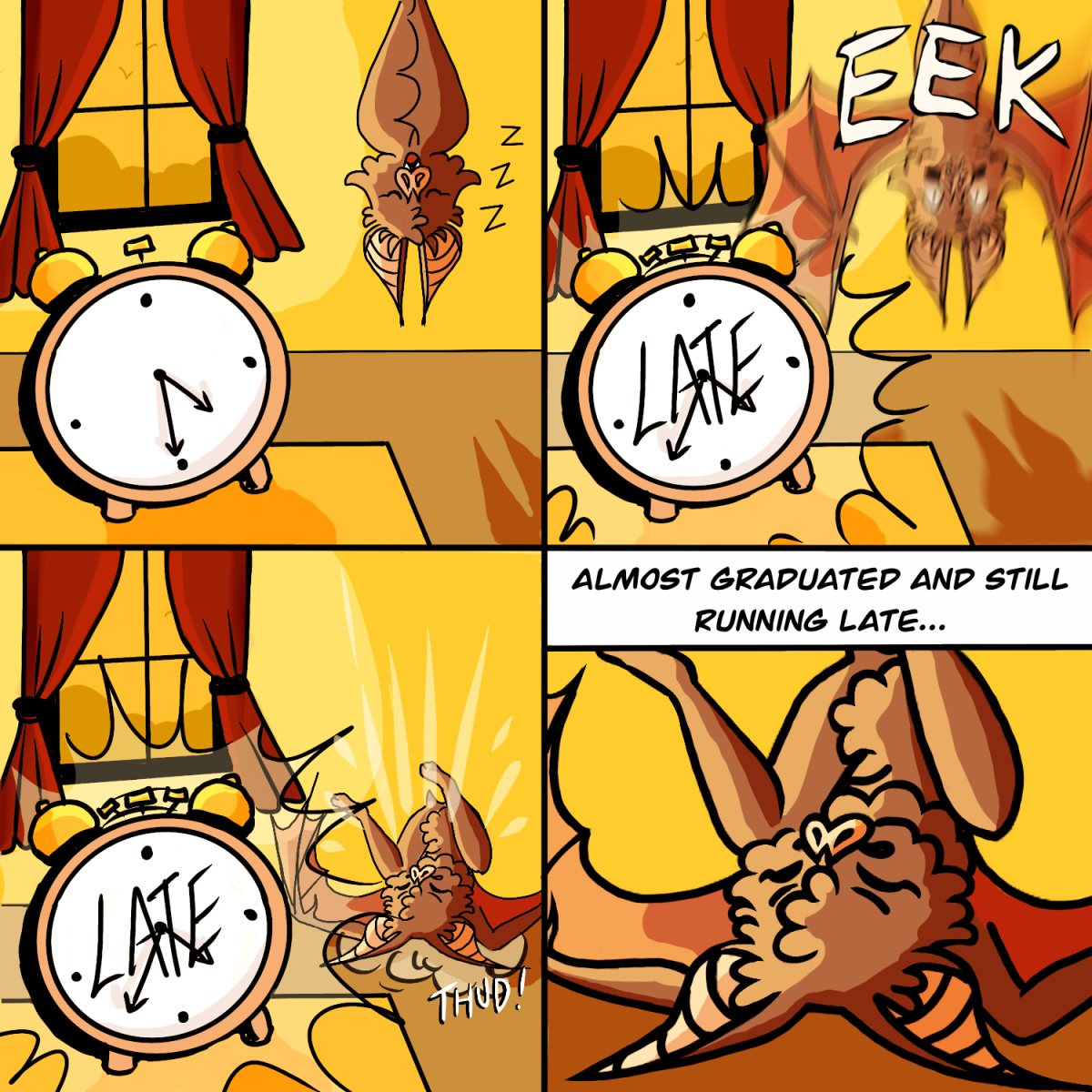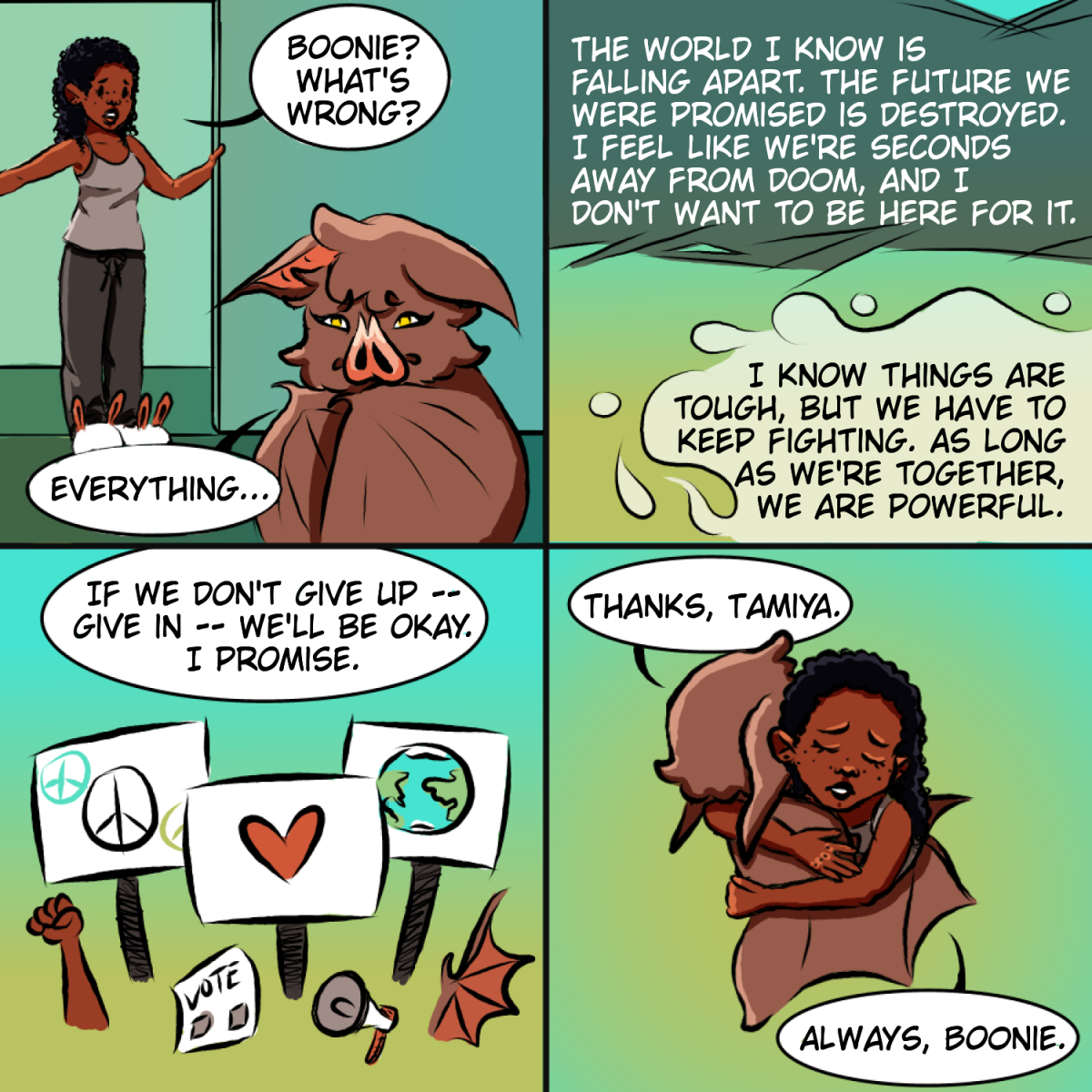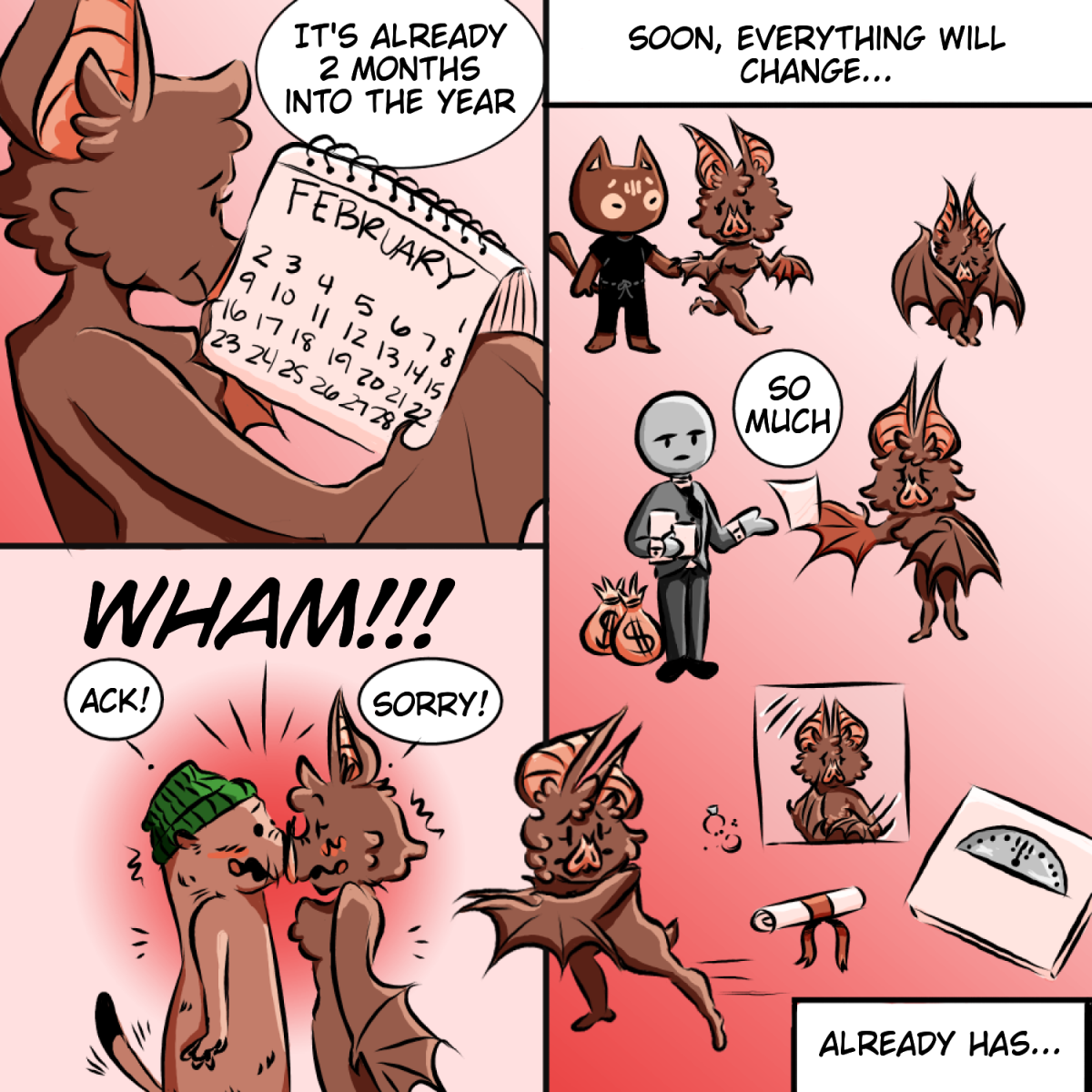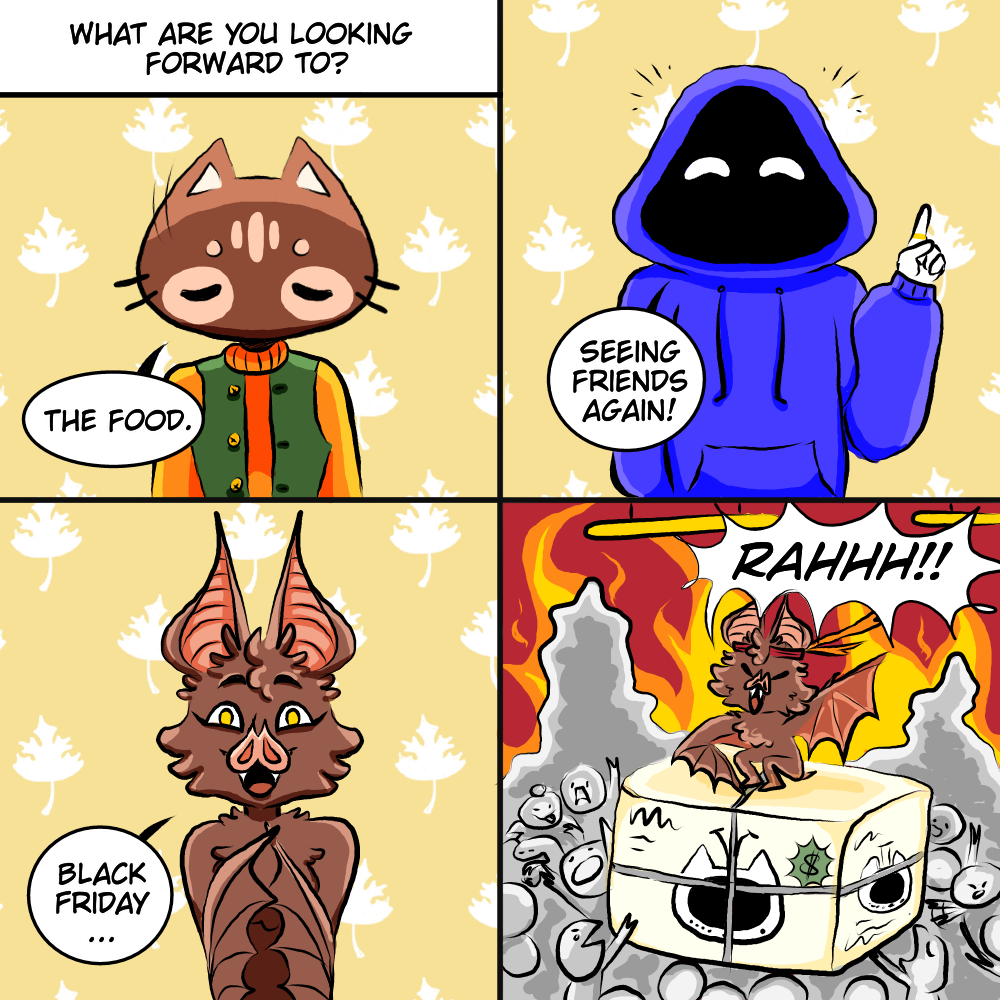Honey bees play a vital role in the environment and the human food chain, but the species is facing a rapid population decline. However, a team of computer science majors at App State have been working to change that.
According to Bee Informed Partnership, a non-profit dedicated to researching and improving the health of honey bees, beekeepers throughout the U.S. lost about 48.2% of honey bee colonies within the last year.
The team of computer science majors are trying to save the bees by collecting data from the hives through technology and codes they have been able to create for App State’s Multipurpose Apiary Informatics Systems project.
“Bees are responsible for one third of our food. If they are not there we cannot produce enough food,” said Rahman Tashakkori, the director of AppMAIS.
Tashakkori and the other principal researchers, both at App State and UNC-Charlotte, created AppMAIS with the intention of saving the honey bees after learning the bees were dying at a rate of around 50% per year. The students and staff on AppMAIS have created a computerized bee hive that monitors the health of the bee colony year-round.
“We print and build all the equipment there,” Tashakkori said. “The students put it together and the idea is to learn from the audio, video, humidity, temperature, scale and genetics. We have been trying to save the bees.”
The program has 28 hives that they monitor daily. Six hives are on App State’s campus, six sit on the State Farm parking lot and 13 other hives are dispersed between Blowing Rock, Todd and West Jefferson. The team also has three hives located at Howest University of Applied Sciences in Belgium.
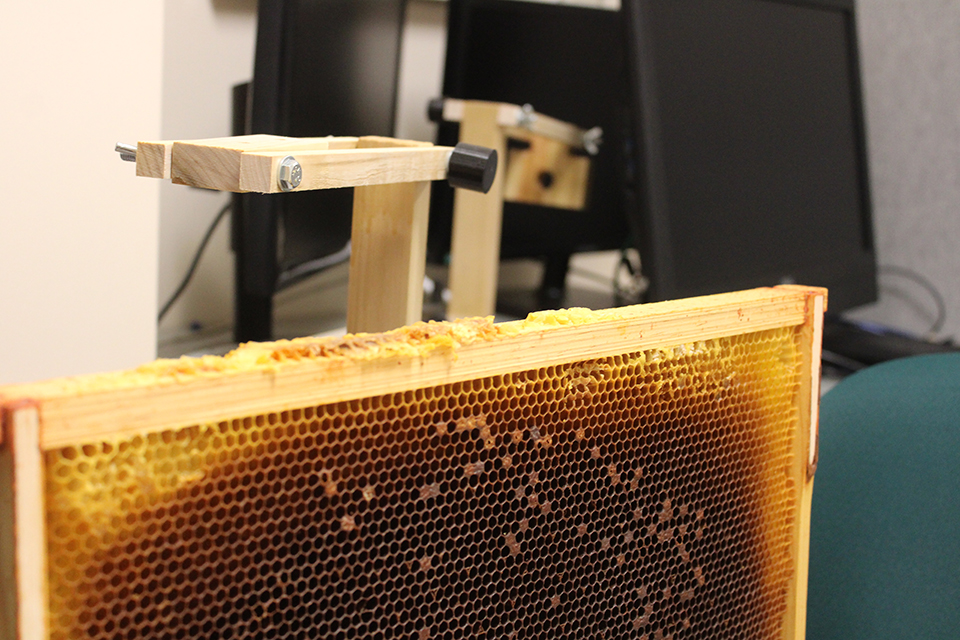
AppMAIS has worked on monitoring all of these hives through a combination of codes they have written, equipment they 3D printed, cameras and microcontrollers called Raspberry Pi.
“It’s a computer that we put in, in front of the hive,” Tashakkori said. “They record the video from the entrance of the hive. Since then, we’ve had so much success by observing and listening.”
AppMAIS and the students that have participated in the program have worked for three years to provide a solution to colony collapse disorder.
“Colony collapse disorder is a huge issue for bees,” said Sophie Columbia, a senior and graduate research assistant for AppMAIS. “Bee colonies are just dying.”
With the impact bees have on our everyday lives, the team has to collect and understand a lot more data to understand why this has been a persisting issue, Columbia said. The more they learn the easier it will be to identify health issues in the hive and stage interventions to save the hive.
Tashakkori and the AppMAIS team work to monitor the bees through as little hands-on interaction as possible. They only open the hives four times a year for Bee Monitoring, where they take genetic samples and check the hives manually. They limit the amount of times they open the hives because every time they open them, new problems may be introduced to the colony’s health and the bees will become stressed, Tashakkori said.
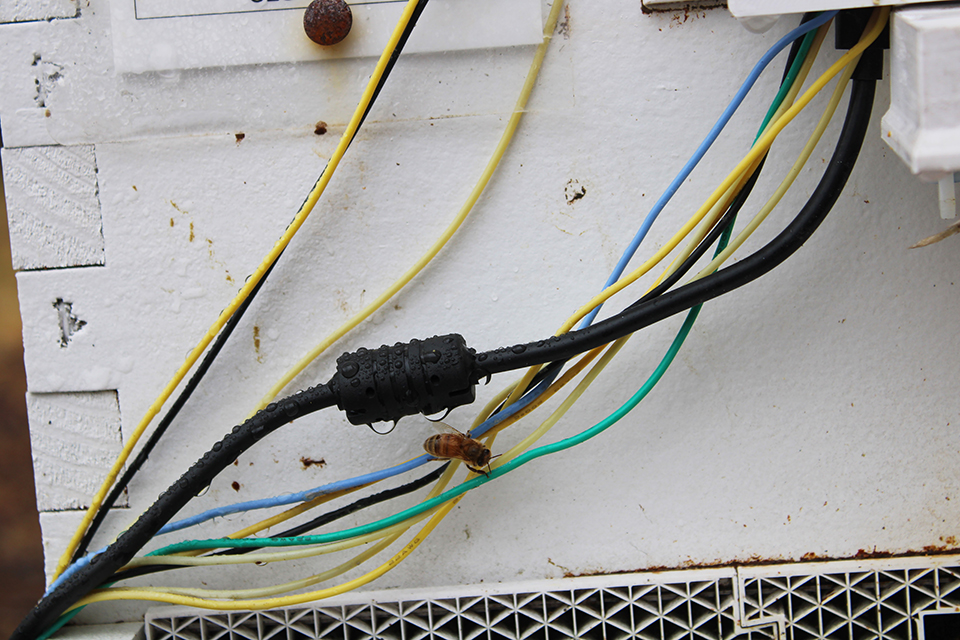
However, the bees tend to have other plans for the AppMAIS team as the queen bees can sometimes put themselves in danger. This can happen when a new queen hatches, leading the hive to split up for the protection of each queen. The portion of the hive that leaves may face many obstacles on their way, such as predators or severe weather. Another dangerous situation is when the queen happens to go outside the safety of the hive.
“There’s been a couple of times that Dr. Tashakkori will call us up and say ‘A queen has gotten loose, somebody come down,’ and we have to go down and rescue the queen and put it back in the hive,” said Aedan Simons-Rudolph, senior and AppMAIS student researcher. “It’s fun, but I’m definitely better at writing software than I am at beekeeping.”
The coding, software creation and hardware construction are the heart of the program. After all, it is a computer science program.
“A lot of people view computer science as this monolithic institution,” Simons-Rudolph said. “It’s really intimidating. It’s really difficult to get into. Only geniuses can code, and what I found is that it’s really not the case.”
The research students have found joy in the idea that their technical capabilities are able to be used in a tangible way that branches out beyond the lines of code.
“It’s really nice to know that what I’m doing on the backend, even though I’m just writing Python, it does actually have an effect on the well-being of the hives,” Columbia said.
AppMAIS gained funding from the North Carolina General Assembly’s Research Opportunities Initiative grant three years ago, allowing them to grow their research from The Bee Project into what it is.
“What I’m really proud of is that, whatever solution humanity will find to this really existential threat of the death of our pollinators, that this project is gonna be a huge part of it,” Simons-Rudolph said.

